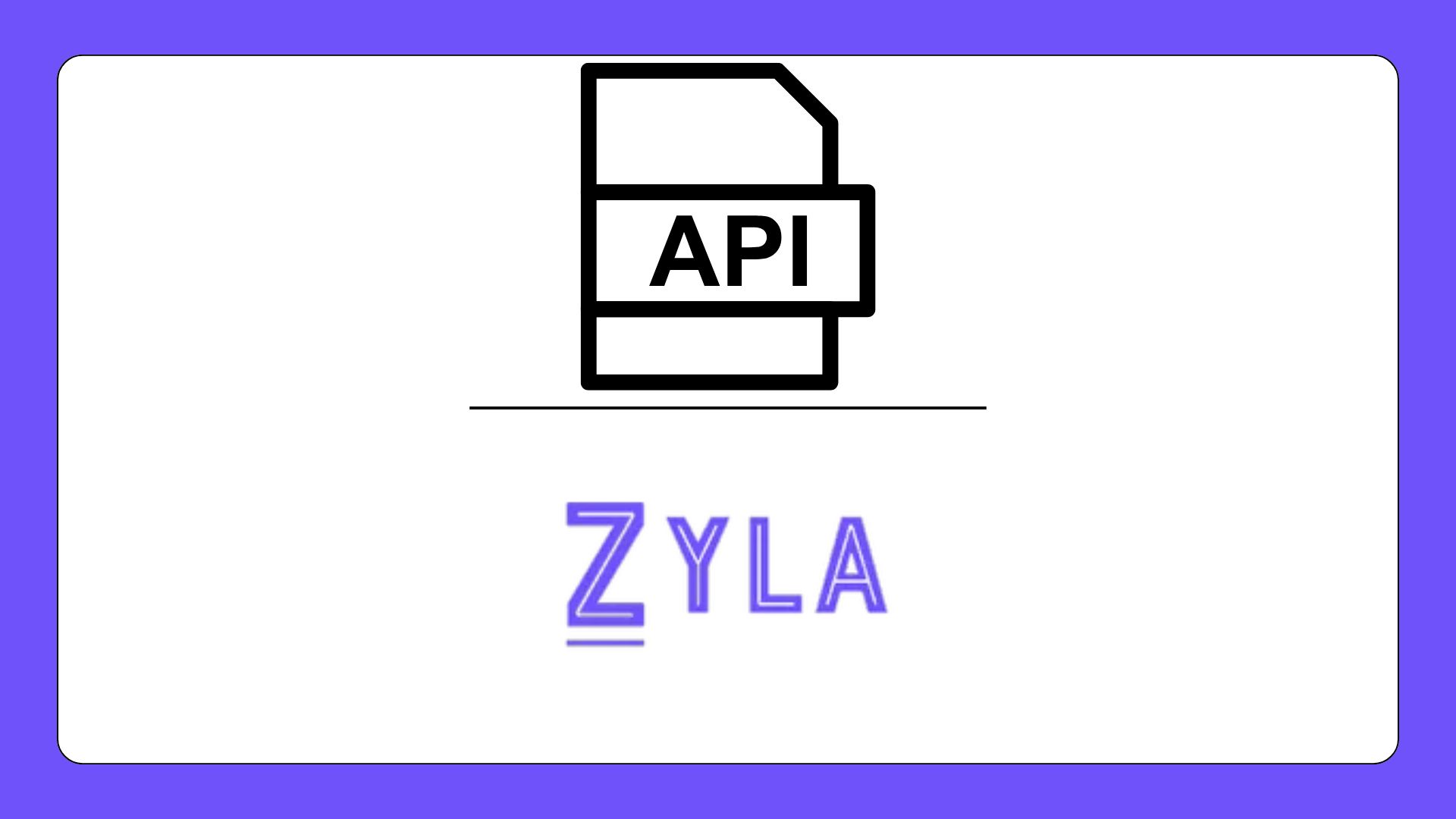Masks Detection APIs Are Enhancing Health Safety

Zyla API Hub, which provide scalable and seamless solutions suitable for contemporary requirements. As a result, governments and organizations are using Masks Detection APIs more frequently to enforce mask-wearing regulations. By providing an automated, real-time method of tracking mask compliance in public areas, these APIs improve efficiency and safety.
Understanding Masks Detection APIs
Masks Detection API is an application programming interface that utilizes artificial intelligence and machine learning algorithms to detect whether individuals are wearing face masks. These APIs process real-time video streams or images captured by cameras in various environments, from crowded public spaces to controlled work settings. The API uses computer vision techniques to analyze the images or video frames, identifying and classifying individuals who are either masked or unmasked. The solution works by using deep learning models trained to detect face masks in a variety of settings, including low light conditions, different angles, and diverse environments.
Masks Detection APIs have proven to be a valuable tool in the fight against health risks, providing real-time alerts and reporting to help businesses and authorities stay proactive in their safety measures.
Masks Detection API then processes these images, detecting the position and orientation of faces within the frame. Using trained models, the system identifies if the person’s face is obscured by a mask, and it provides a classification of "masked" or "unmasked." The accuracy of these systems depends on the quality of the camera feeds and the algorithms used, which continuously improve as the system is trained on more data.
The Role of Masks Detection APIs in Health and Safety
Masks Detection APIs can scan passengers as they move through terminals, ensuring that everyone is wearing a mask before they board flights or enter restricted areas. Similarly, in malls and retail stores, these APIs can be deployed to monitor shoppers and staff, ensuring that mask-wearing policies are followed and protecting both customers and employees. This level of monitoring helps mitigate health risks while minimizing disruptions to normal activities.
Masks Detection APIs into existing surveillance systems allows businesses and authorities to enforce health policies more effectively. When a person is detected not wearing a mask, the system can immediately notify the appropriate personnel, send a reminder to the individual, or even restrict access to certain areas. This automated response ensures that businesses can enforce mask mandates consistently without requiring manual intervention.







